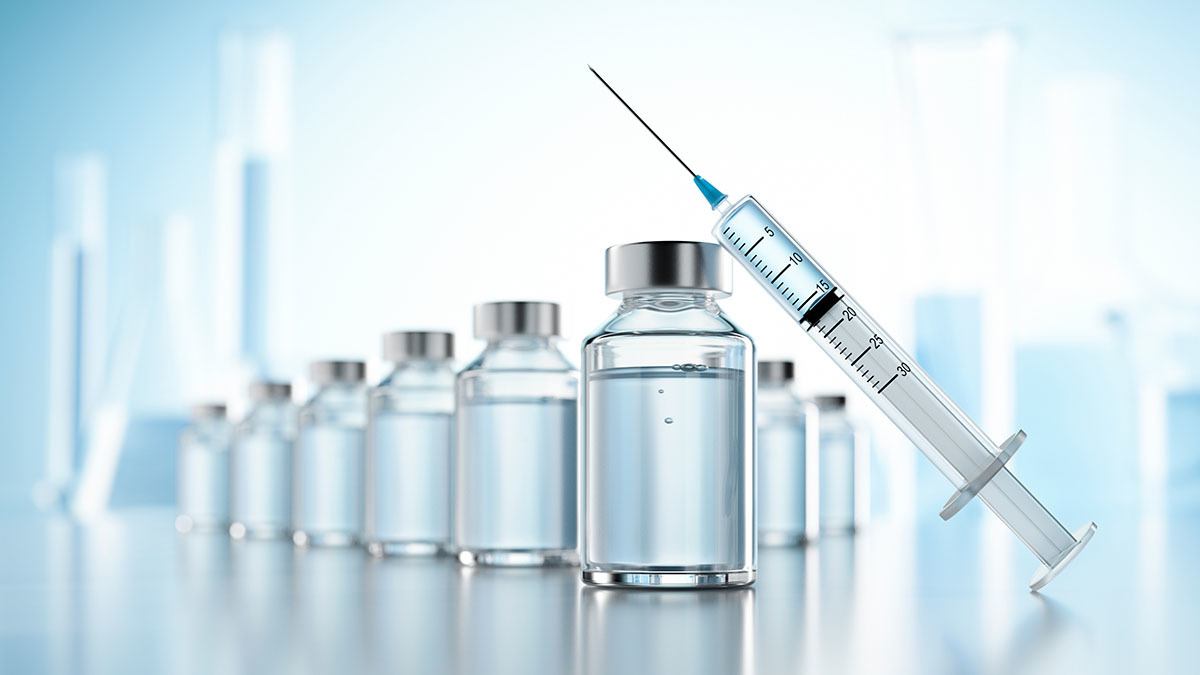USP Residual Solvent GC MS Testing
The United States Pharmacopeia (USP) chapter General Chapter Residual Solvents provides guidelines for the testing of residual solvents in pharmaceutical products. This service ensures that residual solvents are below specified limits, which is critical to ensure drug product safety and compliance with regulatory requirements.
The process involves analyzing samples using a Gas Chromatography - Mass Spectrometry (GC-MS) system, which allows for the precise quantification of residual solvents. This method offers high sensitivity, specificity, and selectivity necessary to detect even trace levels of solvents that might be present in pharmaceutical formulations.
The testing is based on USP General Chapter Residual Solvents, which specifies the acceptable limits for residual solvents. These limits are set by considering the potential toxicity and carcinogenicity of the solvents used during manufacturing processes. The service covers a wide range of solvents including those like benzene, toluene, xylenes, chloroform, methylene chloride, and more.
For effective testing, specimens undergo thorough preparation. This includes sample dissolution in appropriate solvents followed by filtration for removing any particulate matter that could interfere with the GC-MS analysis. The prepared samples are then injected into the gas chromatograph, which separates the components based on their boiling points. The separated compounds are directed into the mass spectrometer where they ionize and are analyzed.
The results of this testing provide critical information to quality managers, compliance officers, R&D engineers, and procurement teams about the safety and purity of pharmaceutical products. This data is essential for ensuring that products meet USP guidelines and other relevant regulatory requirements.
- Quality Control: Ensures consistent product quality by identifying potential contaminants early in the production process.
- Regulatory Compliance: Helps in meeting strict industry standards, thereby reducing the risk of non-compliance penalties.
- Risk Management: Identifies and mitigates risks associated with residual solvents that could lead to product recalls or safety issues.
The GC-MS method is robust and reliable, offering accurate results even when dealing with complex mixtures. It allows for the detection of multiple solvents simultaneously, which simplifies the testing process while ensuring thoroughness. This service not only meets but often exceeds industry expectations by providing detailed reports that include all detected solvents along with their respective concentrations.
By adhering to USP guidelines and utilizing advanced analytical techniques like GC-MS, this service ensures that pharmaceutical manufacturers can produce safe, effective, and compliant products. The insights gained from this testing are invaluable for maintaining high standards of quality control across the entire production lifecycle.
Industry Applications
The USP Residual Solvent GC MS Testing is widely applicable in various segments within the pharmaceutical industry:
- Cosmetics: Ensures that cosmetic formulations do not contain harmful solvents, enhancing consumer safety.
- Veterinary Medicine: Guarantees that animal health products are safe for use without compromising efficacy.
- Biopharmaceuticals: Provides assurance that biopharmaceuticals meet stringent purity standards, which is crucial given the high stakes involved in these products.
- Oncology: Ensures that oncological drugs do not contain residual solvents that could interfere with treatment efficacy or cause adverse reactions.
In each of these applications, the testing ensures that residual solvent levels are within safe limits set by regulatory bodies like USP. This service is indispensable for maintaining high standards across all pharmaceutical sectors.
Quality and Reliability Assurance
- Data Integrity: Ensures accurate, reliable data through strict adherence to methodological protocols and validated instrumentation.
- Method Validation: Validates the GC-MS method against USP standards for residual solvent testing, ensuring consistent results across multiple analyses.
- Sensitivity: The GC-MS system is highly sensitive, capable of detecting even minute traces of solvents that might otherwise go unnoticed by less precise methods.
- Selectivity: Offers high selectivity in distinguishing between different types of solvents present in the sample.
- Traceability: All testing adheres to international standards such as ISO 17025 and USP guidelines, ensuring that results are traceable and reproducible.
The service employs a multi-step validation process to ensure that each batch of samples is tested under consistent conditions. This includes calibration checks, method comparison studies, and linearity assessments. By doing so, we guarantee the reliability and accuracy of our testing services.
Data integrity is paramount in this field, as even small deviations from standard procedures can lead to inaccurate results. Our stringent quality control measures ensure that every test adheres to USP guidelines, providing clients with confidence in their data's validity.
Customer Impact and Satisfaction
The USP Residual Solvent GC MS Testing service has a significant impact on customer satisfaction across the pharmaceutical industry:
- Enhanced Product Safety: By ensuring that residual solvent levels are below acceptable limits, this service significantly enhances product safety.
- Improved Regulatory Compliance: Clients benefit from reduced risk of non-compliance with regulations such as USP and FDA guidelines.
- Increased Market Trust: Consistently safe products build trust among consumers and regulatory bodies alike.
- Cost Efficiency: Early detection of issues through testing can prevent costly recalls or rework processes later in the product lifecycle.
Customer satisfaction is a key priority for us. We work closely with our clients to understand their specific needs and tailor our services accordingly. Our goal is not only to meet but exceed expectations, ensuring that every client receives high-quality testing results that contribute positively to their business goals.
The insights gained from this testing are invaluable in maintaining high standards of quality control across the entire production lifecycle. This service is indispensable for pharmaceutical manufacturers aiming to produce safe, effective, and compliant products.





